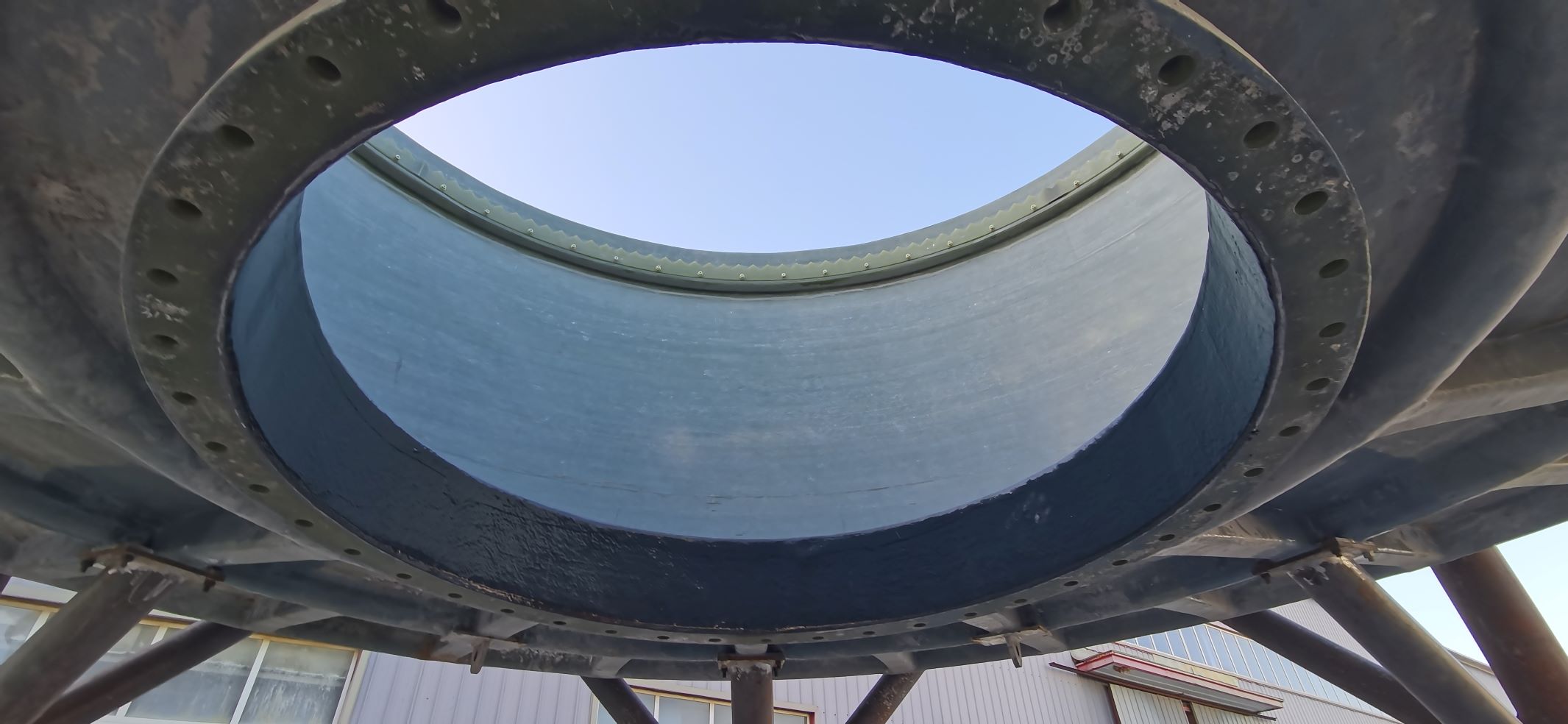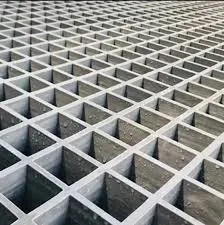
-
 Afrikaans
Afrikaans -
 Albanian
Albanian -
 Amharic
Amharic -
 Arabic
Arabic -
 Armenian
Armenian -
 Azerbaijani
Azerbaijani -
 Basque
Basque -
 Belarusian
Belarusian -
 Bengali
Bengali -
 Bosnian
Bosnian -
 Bulgarian
Bulgarian -
 Catalan
Catalan -
 Cebuano
Cebuano -
 China
China -
 China (Taiwan)
China (Taiwan) -
 Corsican
Corsican -
 Croatian
Croatian -
 Czech
Czech -
 Danish
Danish -
 Dutch
Dutch -
 English
English -
 Esperanto
Esperanto -
 Estonian
Estonian -
 Finnish
Finnish -
 French
French -
 Frisian
Frisian -
 Galician
Galician -
 Georgian
Georgian -
 German
German -
 Greek
Greek -
 Gujarati
Gujarati -
 Haitian Creole
Haitian Creole -
 hausa
hausa -
 hawaiian
hawaiian -
 Hebrew
Hebrew -
 Hindi
Hindi -
 Miao
Miao -
 Hungarian
Hungarian -
 Icelandic
Icelandic -
 igbo
igbo -
 Indonesian
Indonesian -
 irish
irish -
 Italian
Italian -
 Japanese
Japanese -
 Javanese
Javanese -
 Kannada
Kannada -
 kazakh
kazakh -
 Khmer
Khmer -
 Rwandese
Rwandese -
 Korean
Korean -
 Kurdish
Kurdish -
 Kyrgyz
Kyrgyz -
 Lao
Lao -
 Latin
Latin -
 Latvian
Latvian -
 Lithuanian
Lithuanian -
 Luxembourgish
Luxembourgish -
 Macedonian
Macedonian -
 Malgashi
Malgashi -
 Malay
Malay -
 Malayalam
Malayalam -
 Maltese
Maltese -
 Maori
Maori -
 Marathi
Marathi -
 Mongolian
Mongolian -
 Myanmar
Myanmar -
 Nepali
Nepali -
 Norwegian
Norwegian -
 Norwegian
Norwegian -
 Occitan
Occitan -
 Pashto
Pashto -
 Persian
Persian -
 Polish
Polish -
 Portuguese
Portuguese -
 Punjabi
Punjabi -
 Romanian
Romanian -
 Russian
Russian -
 Samoan
Samoan -
 Scottish Gaelic
Scottish Gaelic -
 Serbian
Serbian -
 Sesotho
Sesotho -
 Shona
Shona -
 Sindhi
Sindhi -
 Sinhala
Sinhala -
 Slovak
Slovak -
 Slovenian
Slovenian -
 Somali
Somali -
 Spanish
Spanish -
 Sundanese
Sundanese -
 Swahili
Swahili -
 Swedish
Swedish -
 Tagalog
Tagalog -
 Tajik
Tajik -
 Tamil
Tamil -
 Tatar
Tatar -
 Telugu
Telugu -
 Thai
Thai -
 Turkish
Turkish -
 Turkmen
Turkmen -
 Ukrainian
Ukrainian -
 Urdu
Urdu -
 Uighur
Uighur -
 Uzbek
Uzbek -
 Vietnamese
Vietnamese -
 Welsh
Welsh -
 Bantu
Bantu -
 Yiddish
Yiddish -
 Yoruba
Yoruba -
 Zulu
Zulu
Feb . 11, 2025 08:16
Back to list
frp pipes and fittings utilized in ship construction
The maritime industry has undergone tremendous advancements in recent years, particularly in the materials used for ship construction. One revolutionary development that has significantly impacted this sector is the introduction of Fiberglass Reinforced Plastic (FRP) pipes and fittings. These components are now integral to modern shipbuilding due to their superior qualities compared to traditional materials like metal and wood.
The ease of installation and handling of FRP pipes and fittings is another factor that underscores their increasing popularity in ship construction. Unlike metal components, which often require specialized tools and labor-intensive processes, FRP systems can be installed with minimal equipment and labor. This efficiency not only accelerates the construction timetable but also minimizes labor costs, making it an economically appealing option for ship manufacturers. Incorporating FRP technologies into ship construction is supported by numerous case studies and real-world applications, demonstrating their effectiveness and reliability. Ship operators have reported a marked improvement in performance and a considerable reduction in maintenance downtime post the integration of FRP piping systems. Such empirical evidence bolsters the credibility and trustworthiness of FRP solutions, positioning them as a preferential choice for new builds and retrofitting projects within the shipping industry. Ultimately, the shift towards FRP pipes and fittings in ship construction reflects the industry's commitment to embracing advanced materials that offer superior performance and economic benefits. This transition is driven by the need for sustainable solutions that address the perennial challenges faced by shipbuilders, including corrosion, weight management, and maintenance efficiency. As the shipping industry continues to evolve, FRP technologies stand at the forefront, providing a blueprint for the future of maritime construction. For professionals considering FRP options, it is advisable to partner with reputable manufacturers who have extensive experience and a proven track record in the field. Such partnerships ensure access to cutting-edge materials and support services, fostering the successful integration of FRP into maritime projects and further solidifying their role in modern shipbuilding.


The ease of installation and handling of FRP pipes and fittings is another factor that underscores their increasing popularity in ship construction. Unlike metal components, which often require specialized tools and labor-intensive processes, FRP systems can be installed with minimal equipment and labor. This efficiency not only accelerates the construction timetable but also minimizes labor costs, making it an economically appealing option for ship manufacturers. Incorporating FRP technologies into ship construction is supported by numerous case studies and real-world applications, demonstrating their effectiveness and reliability. Ship operators have reported a marked improvement in performance and a considerable reduction in maintenance downtime post the integration of FRP piping systems. Such empirical evidence bolsters the credibility and trustworthiness of FRP solutions, positioning them as a preferential choice for new builds and retrofitting projects within the shipping industry. Ultimately, the shift towards FRP pipes and fittings in ship construction reflects the industry's commitment to embracing advanced materials that offer superior performance and economic benefits. This transition is driven by the need for sustainable solutions that address the perennial challenges faced by shipbuilders, including corrosion, weight management, and maintenance efficiency. As the shipping industry continues to evolve, FRP technologies stand at the forefront, providing a blueprint for the future of maritime construction. For professionals considering FRP options, it is advisable to partner with reputable manufacturers who have extensive experience and a proven track record in the field. Such partnerships ensure access to cutting-edge materials and support services, fostering the successful integration of FRP into maritime projects and further solidifying their role in modern shipbuilding.
Related Products
Latest news
-
Fiberglass 90 Degree Elbow for Custom Tanks & High Pressure Pipes Durable and Corrosion ResistantNewsJun.24,2025
-
Exploring the Benefits of Top Hammer Drifter Rods for Enhanced Drilling PerformanceNewsJun.10,2025
-
High-Precision Fiberglass Winding Machine for GRP/FRP Pipe Production – Reliable & Efficient SolutionsNewsJun.10,2025
-
FRP Pipes & Fittings for Shipbuilding - Corrosion-Resistant & LightweightNewsJun.09,2025
-
Premium FRP Flooring Solutions Durable & Slip-ResistantNewsJun.09,2025
-
Premium Fiberglass Rectangular Tanks Durable & Lightweight SolutionNewsJun.09,2025









